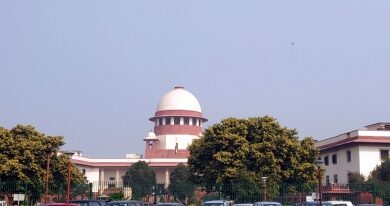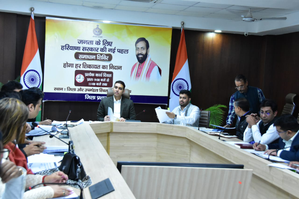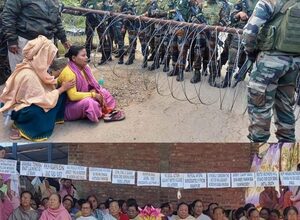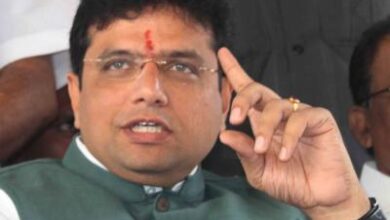Fake currency worth Rs 16 cr seized last year in Delhi: NCRB report
New Delhi, Dec 6 (IANS) Seven years post-demonetisation, India grapples with the persistent challenge of counterfeit currency, evident in the recent seizure of fake Indian currency notes (FICN) amounting to Rs 16 crore in Delhi alone last year.
While there was a brief respite in the first year following demonetisation, with minimal reports of FICN circulation, the subsequent years saw a resurgence in counterfeit currency cases with the nation in 2022, seizing 42,10,406 fake Indian currency notes, totaling Rs 382 crore, as per latest NCRB report.
In the national capital, the confiscated fake currency included 73,253 notes of Rs 2000 denomination, one note of the now discontinued Rs 1000, 24,476 notes of Rs 500, 3,160 notes of Rs 200, 12,980 notes of Rs 100, 5,706 notes of Rs 50, 26 notes of Rs 20, and 31 notes of Rs 10. Recently, with the arrest of five men, including the kingpin, the Delhi Police’s Crime Branch had busted an inter-state FICN cartel and recovered over Rs 19 lakhs of high quality fake currency in denomination of Rs 500 notes.
It is noteworthy that counterfeiting currency is a punishable offence under the Indian Penal Code, and the Unlawful Activities (Prevention) Act, 1967, designates the production, smuggling, or circulation of high-quality fake Indian currency as a terrorist act.
Senior officials from the Delhi Police attribute a significant portion of this counterfeit currency influx to India’s western neighbour, Pakistan. They argue that Pakistan persists in its malicious efforts to destabilise India’s economy by introducing fake currency.
“Despite stringent security measures along the western border, Pakistan has adapted and now employs alternative routes to infiltrate counterfeit money, exploiting neighbouring countries that share borders with India,” said the officials.
According to a senior police officer, investigations into major FICN seizures in Kathmandu (Nepal), Bangladesh, and India post-demonetisation strongly suggest that large consignments of FICN are initially transported from Pakistan to Nepal and Bangladesh via Gulf countries by air.
Subsequently, global FICN syndicates coordinate the smuggling of counterfeit money into India through the porous international borders of Nepal and Bangladesh, relying on established networks to distribute FICN across the country
–IANS
ssh/shb




